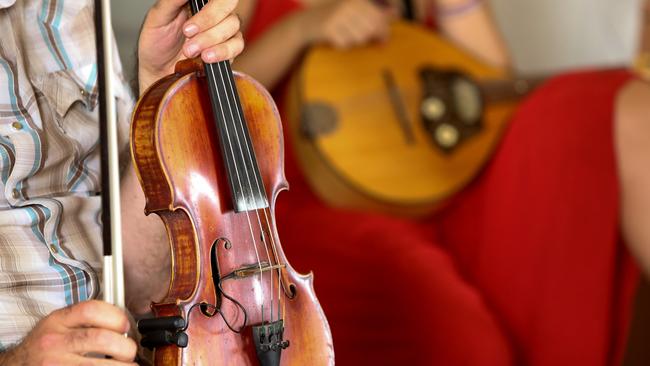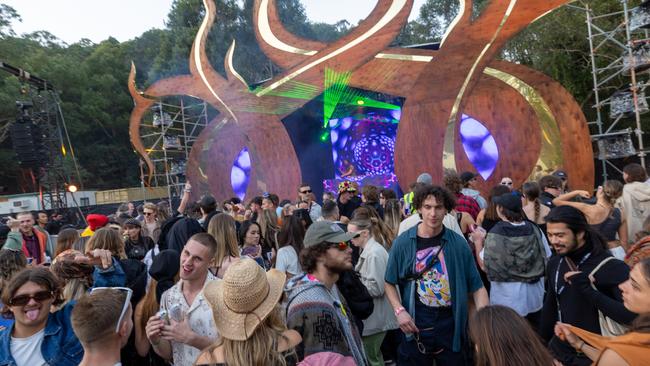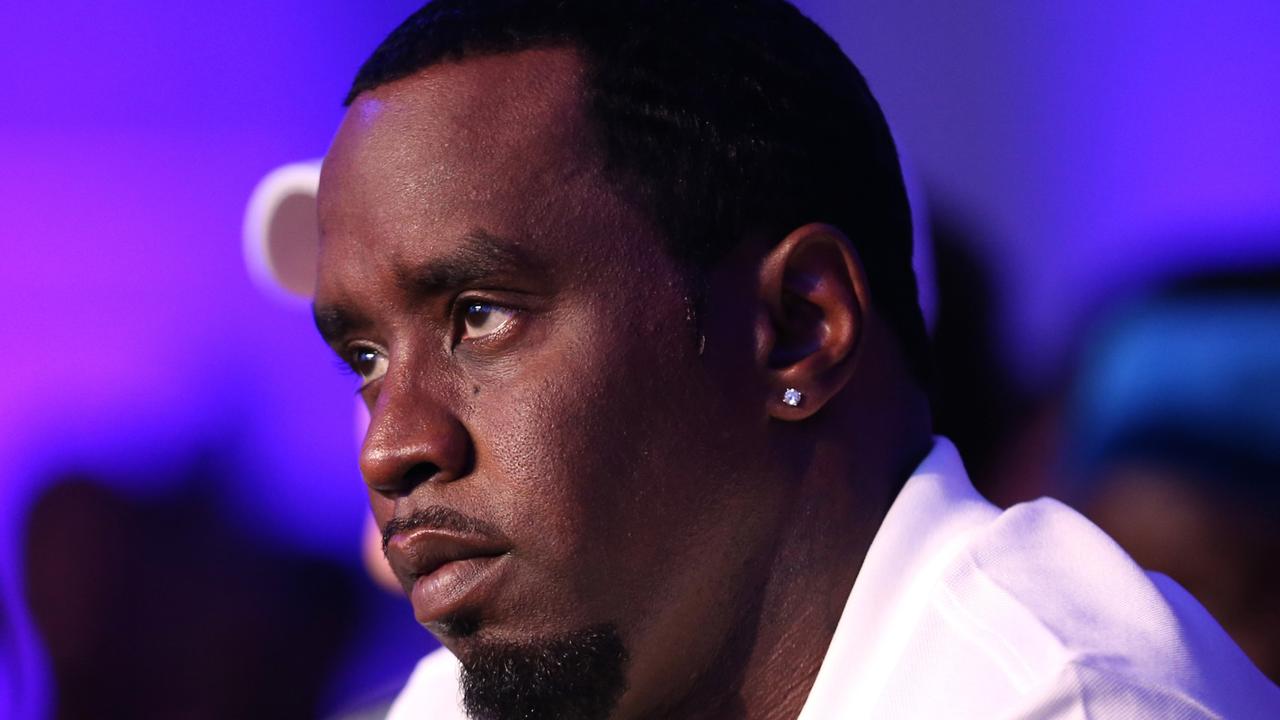Call for ‘minimum fee’ to help prop up struggling musicians
A new poll has found a majority of these Aussie workers earn shockingly low wages, with nearly half making less than $6000 a year.

Music
Don't miss out on the headlines from Music. Followed categories will be added to My News.
Nearly half of Australia’s working musicians are making less than $6000 a year and the vast majority, or some 86 per cent, say they have been treated “unfairly” on the job.
The startling results come from a survey of more than 550 musicians from Musicians Australia that exposes the brutal reality of life for most of the country’s professional musicians.
A majority need to take on multiple jobs to survive, the poll found, and conditions have deteriorated since the onset of Covid, with the increased closure of venues and one-sided fee arrangements adding to the general cost-of-living pressures bearing down on all working Australians.
“Musicians are the face of Australia’s insecure work crisis,” Media, Entertainment and Arts Alliance campaigns director Paul Davies said on Tuesday.
“They are expected to get by on extraordinarily low incomes, inconsistent and often unpaid work and they very rarely receive superannuation, which is a right for all workers.

“The majority of musicians work multiple jobs and make sacrifices to pursue their music careers, having to fund their projects and artistic development, and that’s on top of supporting themselves and their families.”
Nearly half of musicians earnt less than $6000 during the 2023 financial year, the survey found, while 64 per cent earnt $14,999 or less.
Only one in five derived all their income from their music career, while two-thirds took up work outside the industry to make ends meet.
More than half cited lack of pay as the biggest barrier to working in music full time and 82 per cent said they did not receive superannuation for gigs.
The musicians also report struggling through brutal working conditions, with 62 per cent saying they had experienced bullying, harassment or discrimination at work.
Folk musician Kimberley Wheeler said she was now more dependent than ever on streams of income outside of music.
“Once I would have derived half my earnings from music, but rising living costs and a drop in performance fees has forced me to pivot to other work outside of music,” she said.

“It’s a trade-off I wish I didn’t have to make, but it’s now harder than ever to make a decent living as a working musician.”
“It is not properly acknowledged that what we do is an occupation.
“Musicians are typically treated as having a lesser right to earn income than other earners in the music industry. We operate as businesses. We need to earn a living wage, not pocket money.
“Most organisations are unwilling to negotiate terms or operation models. I don’t think it has to be this way.”
Musicians Australia, a MEAA initiative, is pushing for Tasmania to adopt a “minimum fee” policy for musicians playing at public-funded gigs.
The fee would deliver a minimum of $250 per musician and the policy is already in place in South Australia, Western Australia, Queensland, Victoria, NSW and the ACT.
Mr Davies said the policy for public gigs would buttress upcoming negotiations between the union and commercial operators.
The horror earnings report follows the closure of iconic Australian music festivals, including Splendour in the Grass, Falls Festival and FOMO, as rising costs pummel the industry.
Originally published as Call for ‘minimum fee’ to help prop up struggling musicians



